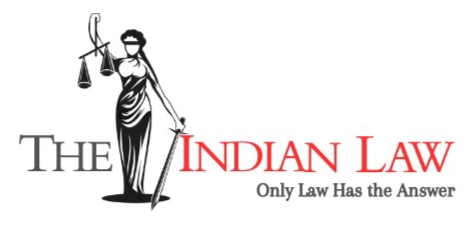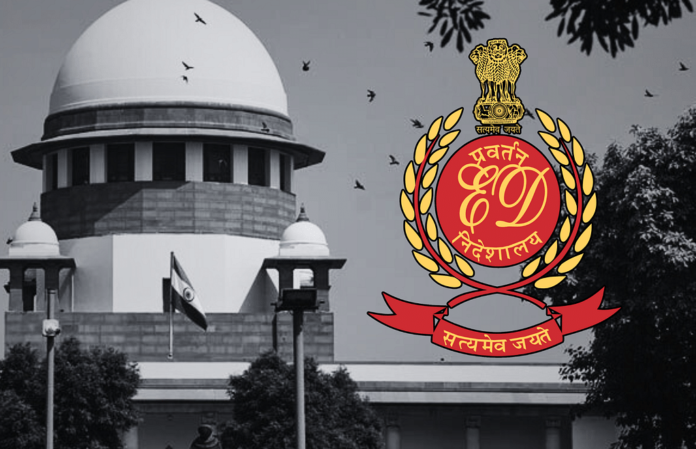In a landmark decision, the Supreme Court of India has issued a directive to the Election Commission (EC) to maintain uniformity in the application of electoral laws across all cases. The ruling comes in response to growing concerns over disparities in the handling of electoral violations and the need for consistency in enforcing election laws.
Background on Electoral Laws in India
India, the world’s largest democracy, operates under a comprehensive set of electoral laws aimed at ensuring free and fair elections. The primary legislative framework governing elections includes:
- Representation of the People Act, 1951: This act provides the foundation for conducting elections in India, defining the qualifications and disqualifications for candidates, the process of elections, and offenses related to electoral malpractices.
- Conduct of Elections Rules, 1961: These rules supplement the Representation of the People Act by detailing procedural aspects such as the nomination of candidates, the conduct of polling, counting of votes, and the resolution of disputes.
- Model Code of Conduct (MCC): Although not legally binding, the MCC sets ethical guidelines for political parties and candidates during elections to ensure a level playing field and prevent the use of unfair practices.
Issues Leading to the Supreme Court’s Intervention
In recent years, several instances have highlighted inconsistencies in the application of electoral laws and the enforcement of the MCC. These issues include:
- Disparate Treatment of Violations: Different instances of electoral misconduct often result in varying degrees of response from the Election Commission, raising questions about fairness and consistency.
- Ambiguities in Interpretation: The interpretation of electoral laws and the MCC can sometimes vary, leading to uncertainty about what constitutes a violation and how it should be addressed.
- Political Influence: Allegations of political influence over the EC’s decisions have also surfaced, undermining public confidence in the integrity of electoral processes.
Case Study: Kejriwal Order
The recent Supreme Court directive stems from the case involving prominent political leader Arvind Kejriwal. The Court’s observations in this case underscored the need for a uniform approach by the EC in handling similar cases of alleged electoral misconduct.
Key Points from the Supreme Court’s Order
- Uniform Application of Rules: The Supreme Court emphasized the importance of uniformity in applying electoral laws and the MCC. It called for consistent standards in evaluating cases to uphold the principles of fairness and equality before the law.
- Transparency and Accountability: The Court highlighted the need for transparency in the EC’s decision-making process and urged the Commission to provide clear justifications for its actions in each case.
- Public Confidence: Ensuring public confidence in the electoral process was identified as a critical objective. The Court’s directive aims to strengthen trust in the EC’s ability to uphold the rule of law impartially.
Implications for Electoral Governance
The Supreme Court’s intervention marks a significant development in India’s electoral governance landscape. By advocating for uniformity and accountability, the Court seeks to address systemic challenges and reinforce the rule of law in electoral matters. Key implications include:
- Enhanced Oversight: The EC may face heightened scrutiny to ensure compliance with the Court’s directive, prompting reforms in its decision-making processes and enforcement strategies.
- Legal Precedent: The Kejriwal Order sets a precedent for future cases involving electoral misconduct, guiding the EC and other stakeholders on the principles of consistency and fairness.
- Strengthening Democracy: Upholding uniform standards in electoral laws contributes to strengthening democratic institutions and promoting electoral integrity, essential for fostering trust among citizens.
Conclusion
In conclusion, the Supreme Court’s directive to the Election Commission to apply uniform rules in electoral matters signifies a crucial step towards enhancing transparency, fairness, and accountability in India’s electoral processes. By addressing disparities in the application of laws and ensuring consistent standards, the Court’s decision reaffirms the principles of democracy and the rule of law. Moving forward, continued efforts to uphold these principles will be essential in safeguarding the integrity of elections and maintaining public confidence in democratic governance.
This ruling serves as a reminder of the judiciary’s role in safeguarding democratic principles and ensuring that electoral laws are applied uniformly, thereby promoting a level playing field for all participants in India’s vibrant democracy.


